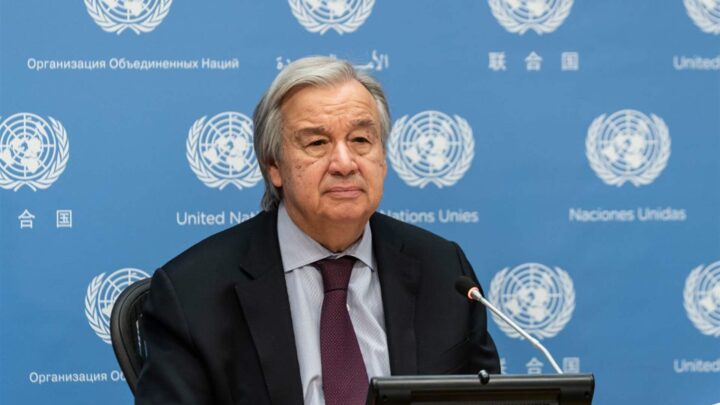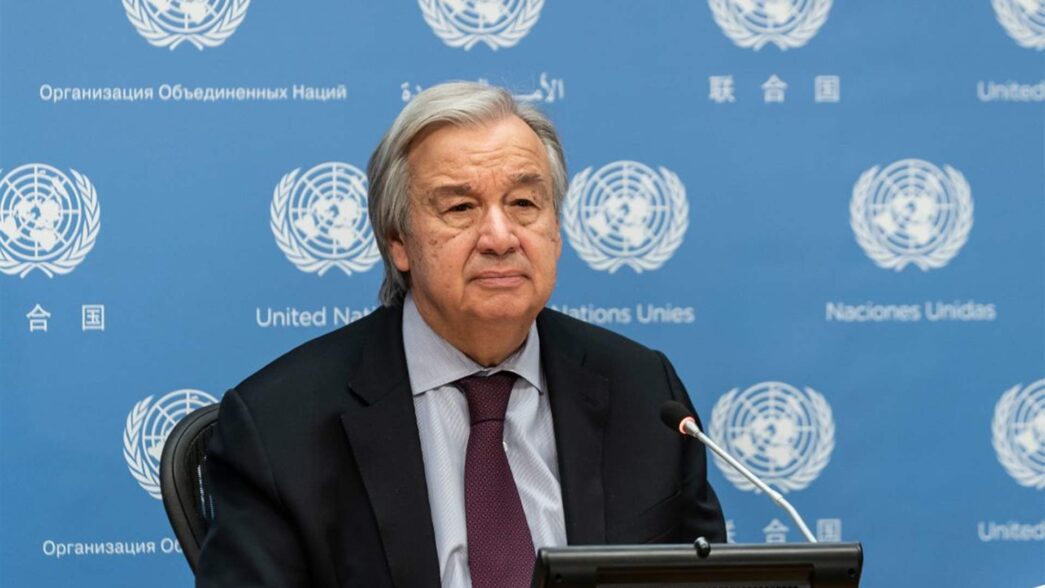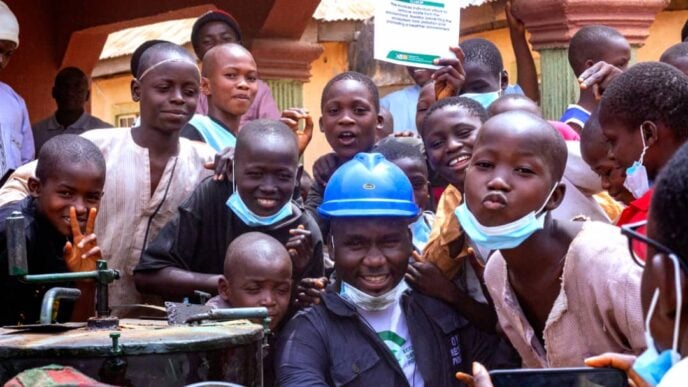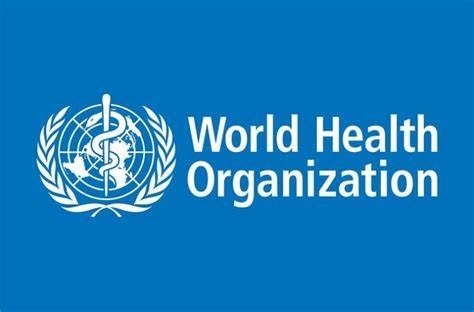Antonio Guterres
The United Nations (UN) has called on countries to address the increasing effect of the extreme heat epidemic.
The UN call to action focuses on four key areas, which are caring for the vulnerable, increasing climate finance, protecting workers against heat, and ensuring total phase-out of fossil fuels.
The call to action comes a day after the European Union’s Copernicus Climate Change Service (C3C) declared July 21 as the hottest day on record, with July 22 and 23 clinching the same 17.09°C temperature range.
The C3C said June 2024 was the 12th consecutive hottest month on record, with temperatures exceeding the 1.5°C pre-industrial level.
Advertisement
This year, over hundreds of hajj pilgrims died of heatstroke while performing the annual religious ritual in Makkah, Saudi Arabia.
Speaking on Thursday at a press briefing, Antonio Guterres, UN secretary-general, said extreme heat is widening inequalities and undermining the sustainable development goals (SDGs).
Guterres said pregnant women, people with disabilities, older people, and the sick are mostly at risk of mercury soaring.
Advertisement
“Extreme heat is increasingly tearing through economies, widening inequalities, undermining sustainable development goals, and killing people,” Guterres said.
“It’s also vital to boost protection for the most vulnerable in line with the early warning systems for all initiatives.”
The UN chief noted that increasing access to low-carbon cooling and expanding passive cooling will help reduce the impact of heat on the vulnerable.
He emphasised the need for countries to phase out fossil fuels “fast and fairly” while reducing heat-related occupational injuries.
Advertisement
“Finance to help safeguard communities from climate chaos is essential. And I urge the developed countries to honour their promises and show how they will close the gaping adaptation finance gap,” Guterres added.
“Second, we must step up protection for workers. A new report from the International Labor Organisation being released today warns that over 70 percent of the global workforce—2.4 billion people—is now at high risk of extreme heat in Asia.
“Countries must phase out fossil fuels fast and fairly. They must end new coal projects. The G20 must shift fossil fuel subsidies to renewables with the support of vulnerable countries and communities.”
Advertisement
Add a comment










